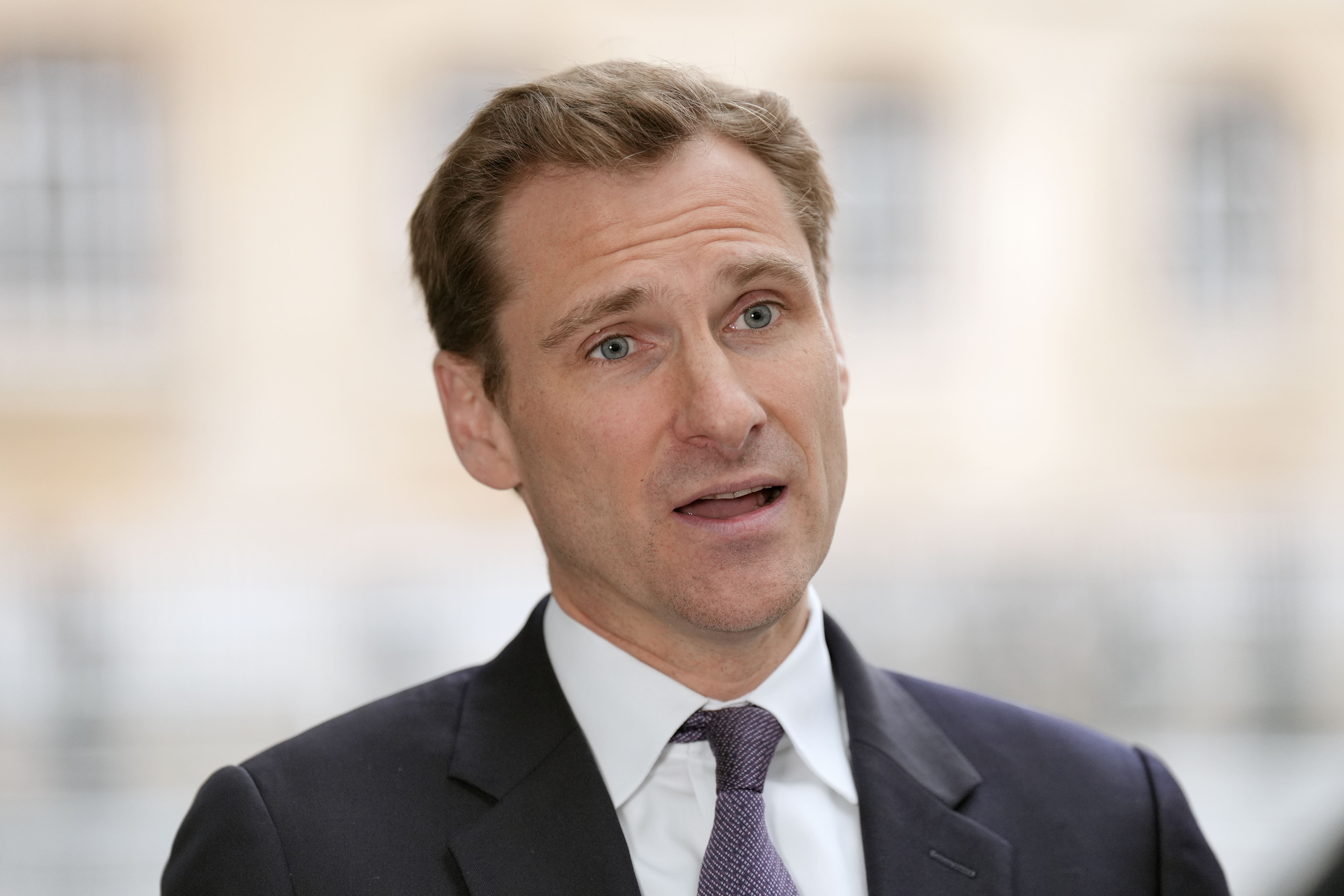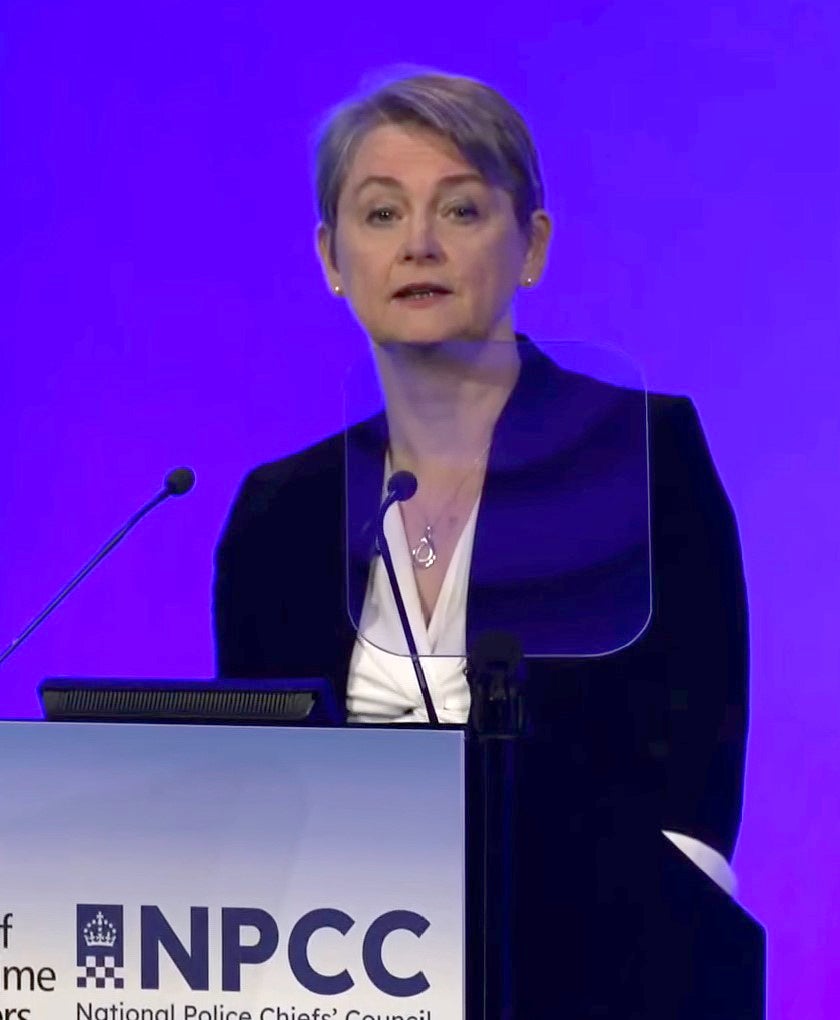‘You are not the thought police’: Top Tory weighs in on Allison Pearson row at police chiefs summit
Chris Philp has called for guidelines around non-crime hate incidents to be rewritten and expressed caution over ‘new bureaucracies’ after government announced a national police performance unit

Non-crime hate incidents should only be investigated by police where there is “a real risk of imminent criminality”, the shadow home secretary has said.
Chris Philp told a major summit of police leaders “you are not the thought police” as he called for guidelines around the incidents to be rewritten, adding “offensive speech is not the same as illegal speech”.
This week the chairman of the National Police Chiefs’ Council Gavin Stephens said the incidents must be investigated so that “precursors to violence” are not missed.
But Mr Philp told the conference in Westminster: “The police, in my view, should concentrate on investigating and preventing crime. Non-crime hate investigations should not trespass upon free speech.
“I call on the government to urgently ensure the guidance is rewritten to ensure that, only where there is a real risk of imminent criminality, should police get involved.”
Mr Philp was policing minister when the code of practice for non-crime hate incidents was introduced in 2023, however he now insists the guidance should be tightened further. He added: “You are not the thought police.
“I call on police forces to apply common sense and not waste time and resources looking at things unless there is criminality, or imminent risk of criminality.”

Debate over how the incidents are dealt with erupted after officers from Essex Police visited Telegraph columnist Allison Pearson to arrange an interview about a year-old post on X.
The force later said the interview was about a potential allegation of incitement to racial hatred online.
Home secretary Yvette Cooper has said officers should use “a common sense and consistent approach” to recording the incidents.
Mr Philp also urged the government to allow police officers accused of misconduct or criminal offences in the course of duty to use the fact that they were following their training as a defence.
Questions were raised over the prosecution of Met police marksman Martyn Blake, who was cleared of the murder of Chris Kaba, and Pc Paul Fisher who was cleared of dangerous driving after crashing on the way to deal with a terrorist incident.
“I am concerned officers are losing the confidence to exercise their powers - such as use of force, high speed pursuit and stop and search - as required to keep the public safe and catch criminals,” Mr Philp said.
Plans have been set out to give armed police officers anonymity if they face trial for murder, and to raise the threshold for criminal charges used by a police watchdog.

The shadow cabinet member added: “I believe that it should be a defence to both misconduct and criminal proceedings if an officer can show that they materially followed their training or standard procedures in exercising police powers.
“Officers take risks to keep us safe. So, we should make sure they are always treated reasonably and fairly in return.”
He also expressed caution over new plans, announced by Ms Cooper on Tuesday, to reform police with a national performance body.
He urged the government to be thoughtful “before creating new bureaucracies because national bureaucracies don’t always work well”.
“We should be mindful that organisational changes cause certain extra costs,” he said. “They certainly create distraction from core work and don’t always deliver the benefits expected.”
He also noted he did not want to see Police and Crime Commissioners “emasculated” and “undermined” or have their funding “unreasonably cut”.
Bookmark popover
Removed from bookmarks